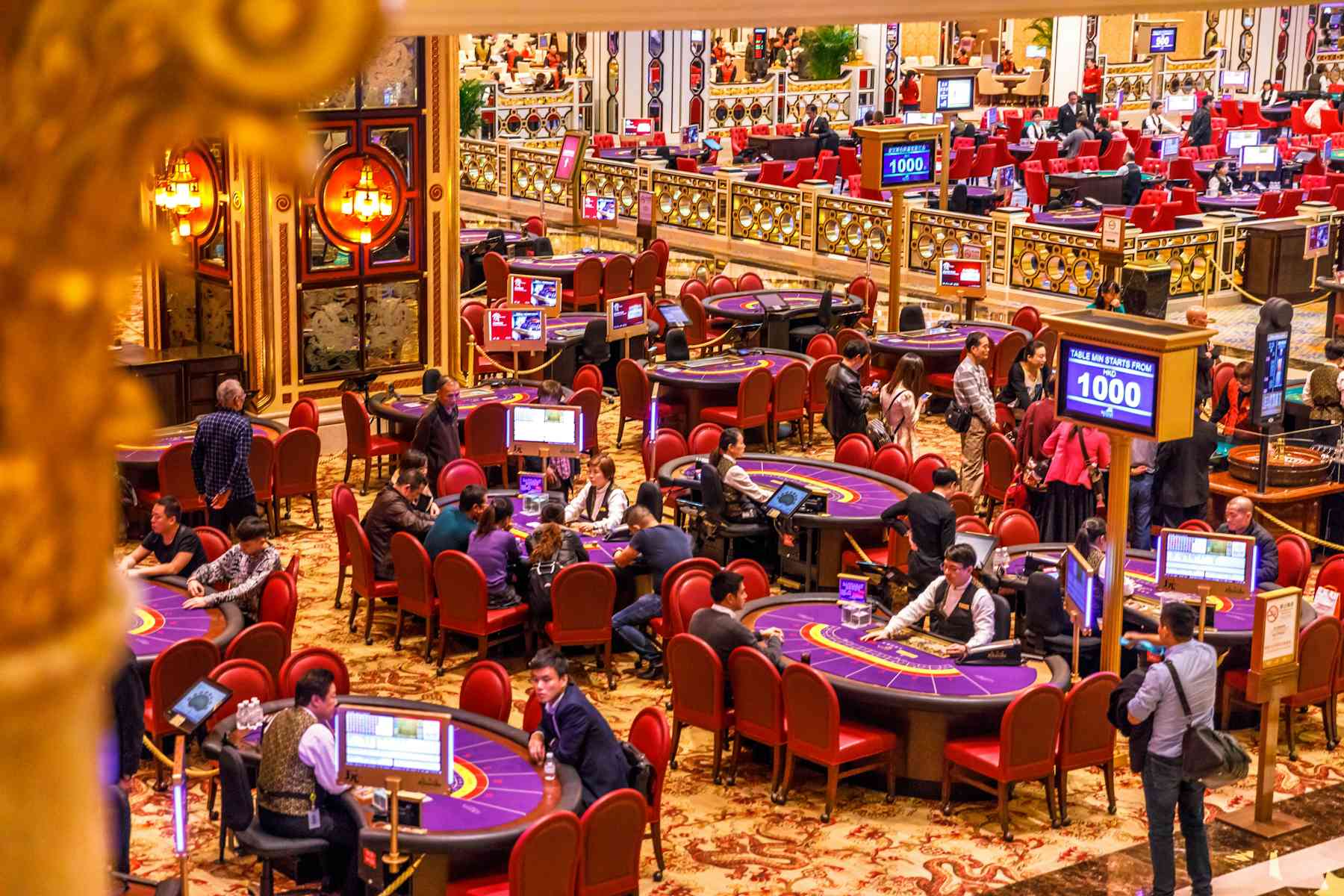
Gambling in casinos has long been a topic of interest and debate, drawing in millions of players globally. With a mix of chance, skill, and the thrill of risk, casino games offer an exhilarating escape from everyday life. However, as entertainment becomes ever more available, it calls for a more thorough examination of the morality surrounding these games.
At the heart of the debate lies the question of whether casinos promote safe gambling or exploit at-risk individuals. The allure of potential winnings versus the reality of losses can create a complex dynamic, and understanding this balance is essential for both players and operators. As we delve into the ethics of casino gaming, we will explore the duties of casinos, the effects on society, and the steps that can be taken to foster a better gaming environment.
The Impact of Casino Gaming on Society
Casino gaming has a notable influence on societal dynamics, affecting not only the financial landscape but also interpersonal dynamics and community structures. The revenue generated from casinos can lead to job creation and boost local economies, as they provide numerous employment opportunities in different sectors including food and beverage, entertainment, and retail. However, while the financial benefits can be significant, communities often grapple with the potential negative impacts that arise from higher gambling activity.
Moreover, the presence of casinos can lead to an increase in gambling addiction, presenting serious challenges for players and families. The excitement of casino games can quickly evolve into a habitual habit, affecting personal relationships and leading to monetary issues. Many individuals may struggle with the loss of control over their gambling habits, resulting in a need for assistance programs and help to address this growing issue. The social cost of addiction can extend through kinships and neighborhoods, creating an urgent need for responsible gaming initiatives.
In addition to the economic and social consequences, casino gaming often reflects cultural attitudes towards risk and leisure. It can foster a sense of joy and leisure, attracting tourists and boosting local travel. However, this allure may also conceal the broader implications of gambling as a method of entertainment, provoking ethical questions about its promotion and accessibility. As communities weigh the advantages and drawbacks of casino gaming, the need for sensible approaches and oversight becomes increasingly critical in ensuring that the beneficial elements are maximized while minimizing the negative effects.
Ethical Concerns in Gambling Activities
The morality of gambling operations often center around the risk for addiction and its consequences on people and households. Gambling can lead to serious financial distress, impacting not only the betters but also their families. As people become entrapped in the appeal of winning, many lose sight of their budget, which can result in catastrophic outcomes such as insolvency. This raises ethical questions about the responsibility of casinos in promoting responsible gaming practices and offering support for those who may be struggling with betting addiction.
Another critical concern is the promotion of gambling to at-risk populations. Casinos often target low-income people or communities with the promise of quick rewards, which can continue cycles of financial struggle and despair. In this situation, the morality of marketing strategies used by gambling establishments come under scrutiny, as they may take advantage of the desperation of people seeking an escape from financial hardships. This exploitation raises ethical questions about the integrity of the betting industry and its responsibility to safeguard its most vulnerable patrons.
Additionally, the effect of gambling gaming on the community as a entirety cannot be overlooked. While some argue that gambling establishments create jobs and stimulate local economies, others point to the community costs associated with dysfunctional gambling, increased crime rates, and a strain on public services. Balancing financial advantages with the risk for community issues presents a challenging moral dilemma for policymakers and gambling operators alike. The challenge lies in discovering a ethical approach that prioritizes the well-being of people and communities while still permitting for the enjoyment of gambling gaming.
Regulatory Structure and Duties
The oversight system surrounding gaming activities is designed to ensure fairness, honesty, and gambler safety. 23win Different government entities and gambling commissions set and enforce regulations that dictate how gaming games work, the standards for game design, and the protocols for managing winnings. These regulations change by locale but typically involve licensing requirements for businesses and strict measures to prevent fraud and scams.
In addition to governing bodies, casino operators bear major accountability in preserving principled standards within their facilities. They must enforce ethical gambling practices that promote gambler security and awareness, including offering self-exclusion options and providing information about the risks associated with gaming. Operators are also responsible for instructing employees to recognize signs of difficult gaming and understand the correct measures to help patrons in distress.
Moreover, openness in gambling operations is crucial for gaining and maintaining public faith. Gaming establishments should provide clear information about the probabilities of activities, promotional opportunities, and any connected risks. By fostering an culture of integrity and accountability, operators can help lessen the potential harmful impact of betting while boosting the complete betting experience for all players.
